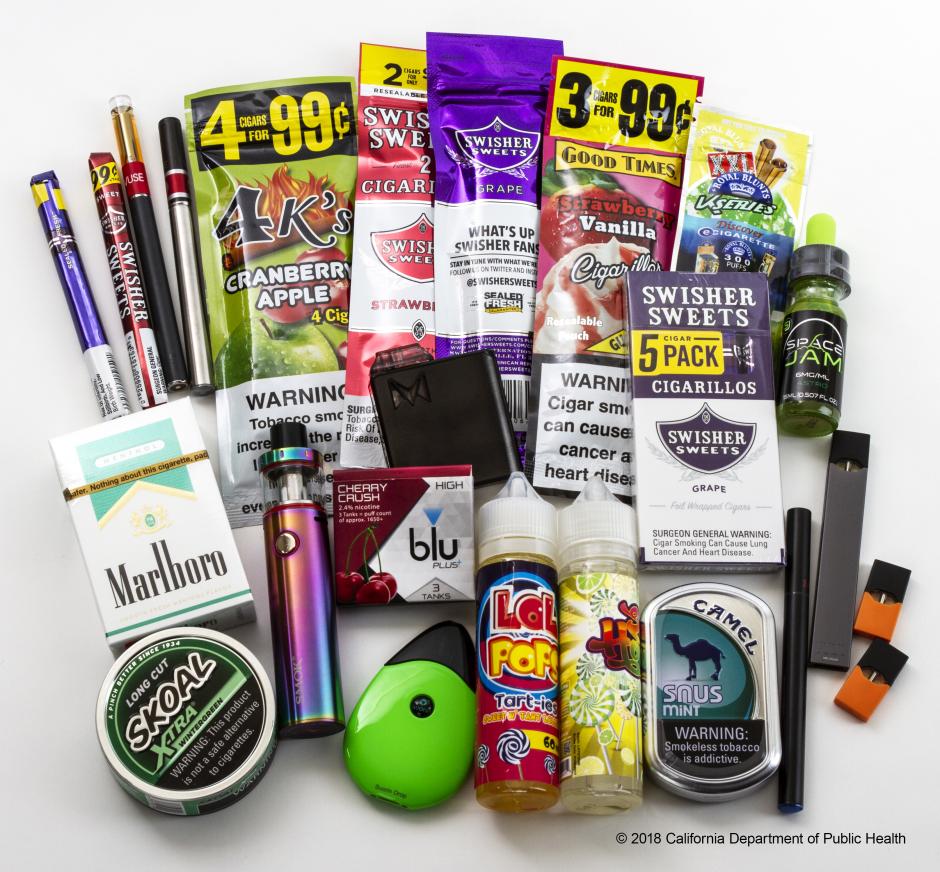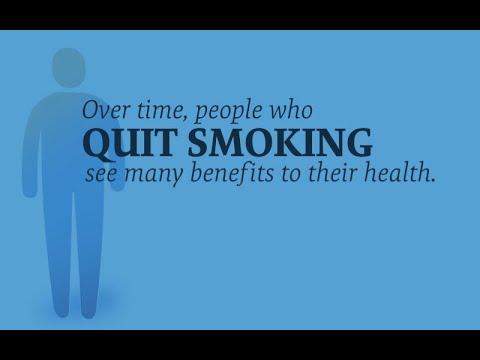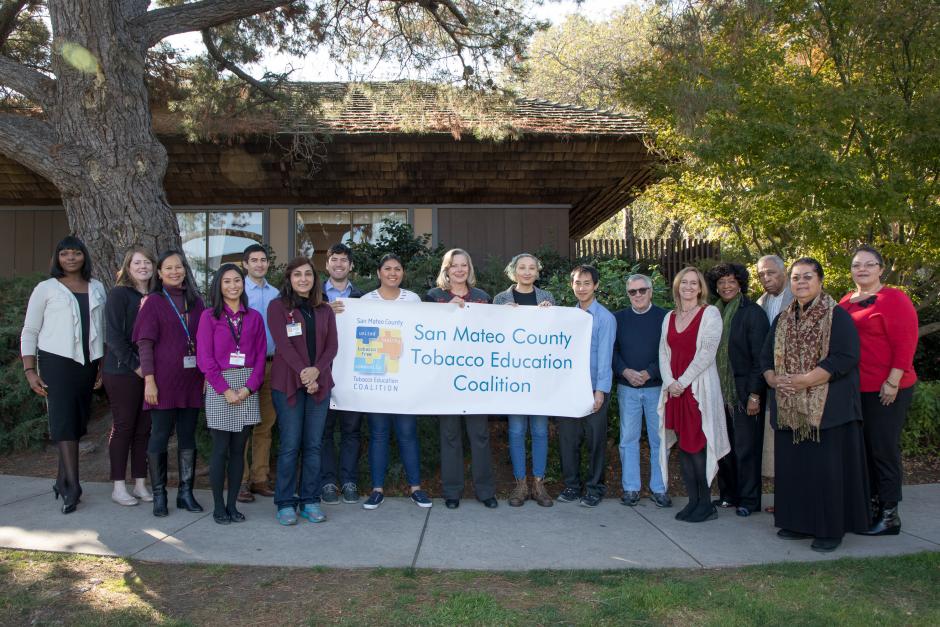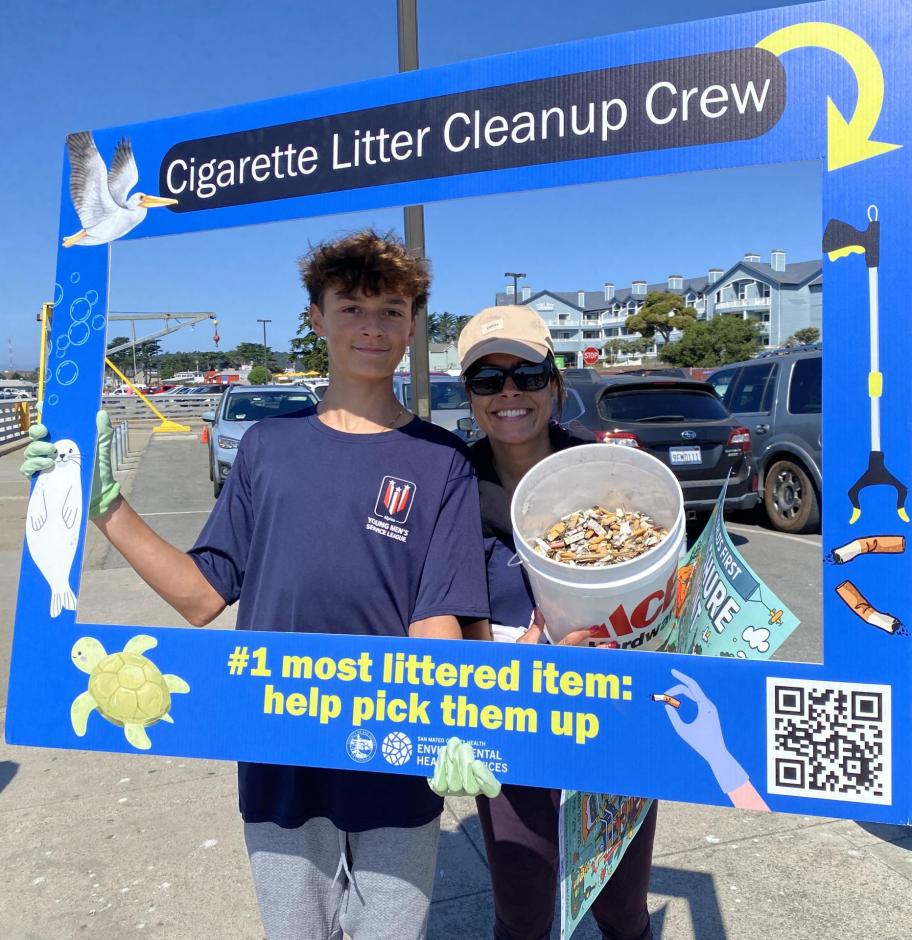Smoke-Free San Mateo County
Smoke-Free San Mateo County
Welcome to the Smoke-Free San Mateo County webpage. Below you will find information about our efforts to create smoke-free homes, reduce the availability of tobacco products in retail environments, and provide resources for individuals interested in quitting smoking. Please contact the Tobacco Prevention Program (650-573-3777 or TobaccoPrevention@smcgov.org) if you have any questions.
Flavored Tobacco & Electronic Cigarette Restrictions
The California Law SB-793 prohibits the sale of most flavored tobacco products. Flavored tobacco products include, but are not limited to, flavored cigarettes, flavored smokeless tobacco products, and flavored electronic cigarettes or e-liquids. This law does not penalize anyone who purchases, uses, or possesses a flavored tobacco product. For background information about the law, visit Undo.org.
The California Department of Public Health also has information about the law for tobacco retailers.
On May 23, 2023, the Board of Supervisors adopted an updated Tobacco Retailer Permit Ordinance increasing penalties on businesses that sell cigarettes and other tobacco products to minors. The ordinance is in effect. The current provisions:
- Fine up to $500 for a first violation, and up to $1,000 for all subsequent violations within a 60-month period.
- Prohibit issuing new Tobacco Retailer Permits to any location within 1,000 feet of a “youth-populated area” or within 500 feet of an existing tobacco retailer.
- Mandate a fine for any ordinance violations and suspension of permit if a business is found to have sold tobacco products to persons under the age of 21.
- Require two on-site inspections by San Mateo County Environmental Health Services per year.
San Mateo County’s Tobacco Retailer Permit Ordinance affects tobacco retailers operating in unincorporated areas of the county and the following cities: San Carlos, San Mateo, Colma, East Palo Alto, Brisbane, Menlo Park, Millbrae, San Bruno, and South San Francisco.
The following jurisdictions have adopted their own tobacco retail permit ordinance: Burlingame and Foster City. These jurisdictions self-administer and enforce their respective ordinances.
Tobacco retailers must comply with all local, state and federal laws. Tobacco retailers who violate these laws place themselves at risk of receiving a fine and/or having their local tobacco retailer permit suspended.
These ordinances serve to address the recent increase in flavored tobacco (i.e. e-cigarettes, vapes, etc.) use among youth and young adults, which has led to an “epidemic”, as declared by the Food and Drug Administration and the U.S. Surgeon General in the fall of 2018.
Resources that may be helpful to understand the issue:
Help Quitting Tobacco
Congratulations on taking the first step to quitting smoking!
This might be the most important step you ever take to care for yourself. You can quit, and we can help.
See the bottom of this page for a list of programs that can support you as you work toward a smokefree life.
Tobacco Education Coalition
Advocating for policy change to support a tobacco-free San Mateo County
Menlo Park multi-unit housing residents! Take our quick, anonymous 5-minute survey today: www.tinyurl.com/MenloParkMUH25
In 1988, California voters passed Proposition 99, which imposed a 25-cent tax on every pack of cigarettes sold in the state. A portion of those funds are dedicated for tobacco prevention and education services in every California County. San Mateo County has a strong history of advancing campaigns that help smokers quit and protect the health and well-being of all non-smoking youth and adults.
Smoke-Free Housing
Drifting smoke in multi-unit housing (such as apartments and condos) is a danger to children and families. While the number of current smokers in our community continues to decrease, many residents are still exposed to secondhand smoke every day. This is why the San Mateo County Tobacco Education Coalition (TEC) educates tenants about what steps they can take if smoke is drifting into their unit. At the same time, TEC works with landlords to educate them about the benefits of developing smoke-free policies for the apartment or condo buildings they own.
- California tenant and landlord opinions on smoke-free housing
- Americans for Non-Smokers Rights - steps for tenants to resolve drifting smoke issues
- Pediatrics - drifting smoke and children in apartments 2011
- Scientific evidence of smoke flowing between apartments - 2010
- Smoke-free housing as social justice - 2010
- TIME magazine article on thirdhand smoke - 2010
- Fair Housing Act - secondhand smoke and people with disabilities
- ChangeLab Solutions - Legal Options for Tenants Suffering from Drifting Tobacco Smoke
- San Mateo County Property Owner Smoke-Free Housing Fact Sheet
- Links to Other Multi-unit Housing Smoking Ordinances
- Read more
Ending Youth Access to Tobacco
For the last decade, the Tobacco Education Coalition (TEC) has mounted a tremendously successful effort to limit the number of illegal sales of tobacco products to youth under age 21.
Despite being underage, in the early 2000s, youth who attempted to purchase cigarettes in the community were able to do so more than 50% of the time.
Through the establishment of partnerships with youth, schools, parents, law enforcement, and retailers, the number of documented youth sales has dropped dramatically.
Cigarette Butt Litter Reduction Program
Do you smoke cigarettes? Take our 1-minute survey and receive a free reusable pocket ashtray and a $5 gift card while supplies last.
Cigarette butts are the most littered items in the world. When dropped or flicked, they often end up in storm drains, leading straight to waterways – polluting our bay and ocean. Butts don’t biodegrade – they’re made of plastic and filled with toxic chemicals that harm fish, birds, and other wildlife.




